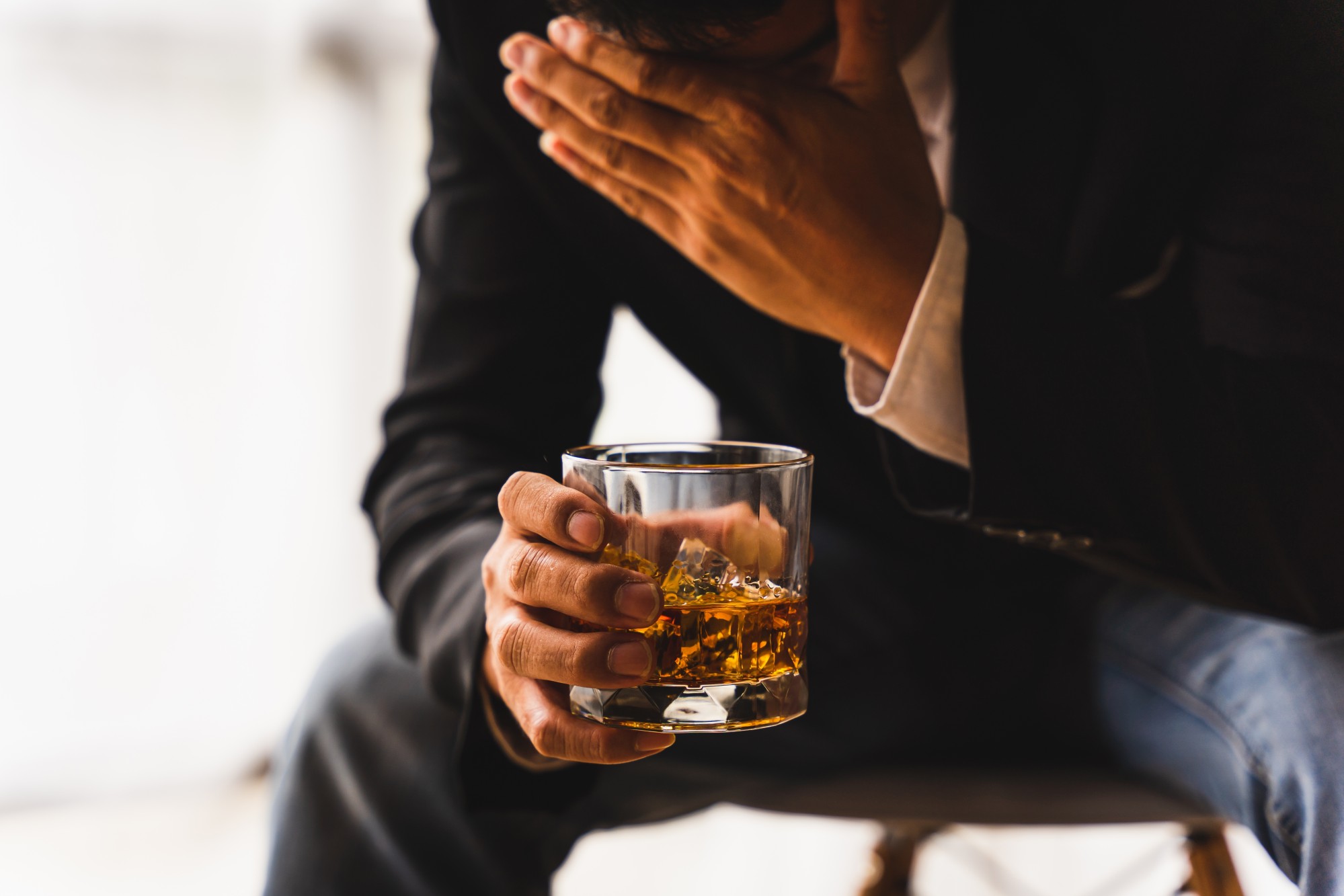
How to overcome burnout – expert advice on its causes and symptoms, and how one entrepreneur learned the value of self-compassion
- A recent Cigna well-being survey ranked Hong Kong bottom in Asia-Pacific for a third straight year, with 87 per cent of Hongkongers saying they felt stressed
- For people like entrepreneur Steve, stress builds into burnout; the best antidote is self-compassion and ending self-criticism, one expert says
The pressure of trying to keep a small business afloat through the pandemic while navigating Hong Kong’s stringent social-distancing regulations have left Steve* seriously wrung out.
He knew he was stressed, but with staffing issues and escalating costs, and without the support of his family, who had returned to their native Australia, he didn’t have the time or head space to do anything about it.
It all came to a head this summer when he reached burnout, unable to even get out of bed.
“I was working all hours and sleeping badly. I couldn’t think straight and started doubting myself over even the smallest decisions,” he says, speaking from Sydney.
Many Hongkongers show signs of PTSD from Covid-19 pandemic, study finds
He began drinking more than usual to get to sleep. That left him even wearier the next day – and his anxiety soared.
“I didn’t know what to do. ‘Rinse, repeat, rinse, repeat’ until I couldn’t even do that anymore,” he says.
Steve is far from an anomaly. Stress levels in Hong Kong have been increasing over the last few years as the impact of the 2019 social unrest followed by the pandemic have taken their toll.

The data paints a bleak picture. Insurance giant Cigna’s 2022 Global Well-being Survey ranked Hong Kong bottom in the Asia-Pacific region for the third consecutive year, falling behind India, China and Singapore.
Among the 1,000 people surveyed in Hong Kong, 87 per cent said they felt stressed, and 19 per cent said that their stress was unmanageable.
I didn’t even realise I was doing it, it’s just what was going on inside my head. I was always beating myself up
The top stressor was uncertainty about the future (40 per cent), while about a third (34 per cent) were concerned about their personal financial situation and 22 per cent pointed to a heavy workload as a major cause of stress.
Hong Kong-based psychologist Dr Cindy Chan has seen an increase in clients experiencing stress and burnout. Many that come to her for support are perfectionists and place high expectations on themselves. Facing burnout, they may quit their job or take a leave of absence, but they still don’t take the pressure off themselves.
“They set really high standards and goals for the rest period – they might say that they’ve got to go the gym every day and lose weight, and when they find they can’t do it, they have low motivation,” Chan says.

If this sounds like you, read the next few paragraphs closely.
Steve acknowledges that he finds this difficult and says that his self-talk is harsh, but that he’s learning to be kinder to himself.
“I didn’t even realise I was doing it, it’s just what was going on inside my head. I was always beating myself up, I still do, but at least now I’m aware I’m doing it,” he says.

Burnout is “a syndrome conceptualised as resulting from chronic workplace stress that has not been successfully managed”, according to the World Health Organization.
The physical signs are perhaps the easiest to spot. We feel tired all the time, even during the weekend, and don’t have the motivation to enjoy our usual pastimes.
Why we all need some self-love: a reformed people pleaser’s story
We may be feeling overwhelmed, helpless or depressed and start doubting our abilities.
‘I didn’t take action early enough’: why you need to wake up to burnout
Behavioural indicators of stress include procrastination, skipping deadlines, becoming less productive and making careless mistakes. We may become socially isolated and not reply to messages from friends, or become irritable and have outbursts.
Steve regrets not seeking professional help before things got out of hand. He was reluctant to discuss his problems with his wife or close friends – which, Chan says, is typical of many men – and so the stress escalated until he couldn’t think clearly and doubted his every move.
People living busy lives seldom reflect. Take the time to reflect
Ensure a healthy work-life balance by setting boundaries between home and work and setting a time when you stop responding to work emails.
“We need to identify our stressors and pay attention to them,” Chan says. “If it’s with a boss or colleague, know your limits. If the stress is interpersonal, it’s important to reflect on the issue.”
Speak up, guys. We’re all hurting during Covid-19 – want to talk about it?
Stress is not something that will disappear overnight, but we can learn the skills to better manage it – something that can begin with a moment’s self-reflection.
“People living busy lives seldom reflect,” Chan says. “Take the time to reflect, ‘OK, maybe I have unrealistic work expectations, or my values are not aligned with the company values.’”
*Not his real name
Dr Kristin Neff’s three steps to self-compassion
“Self-compassion entails being warm and understanding toward ourselves when we suffer, fail or feel inadequate, rather than ignoring our pain or flagellating ourselves with self-criticism,” says Dr Kristin Neff, co-founder of the US-based Centre for Mindful Self-Compassion, and associate professor in educational psychology at the University of Texas at Austin.
Neff says self-compassion involves three core elements:
1. Self-kindness
Being imperfect, failing and experiencing life difficulties is inevitable, so be gentle with yourself when confronted with painful experiences rather than get angry when life falls short of set ideals.
Are you a perfectionist? Why you’re a depression risk and what to do
2. Common humanity
Recognise that suffering and personal inadequacy is part of the shared human experience – something that we all go through rather than something that happens to “me” alone.
3. Mindfulness
To be mindful is a non-judgmental, receptive mind state in which one observes thoughts and feelings as they are, without trying to suppress or deny them.

